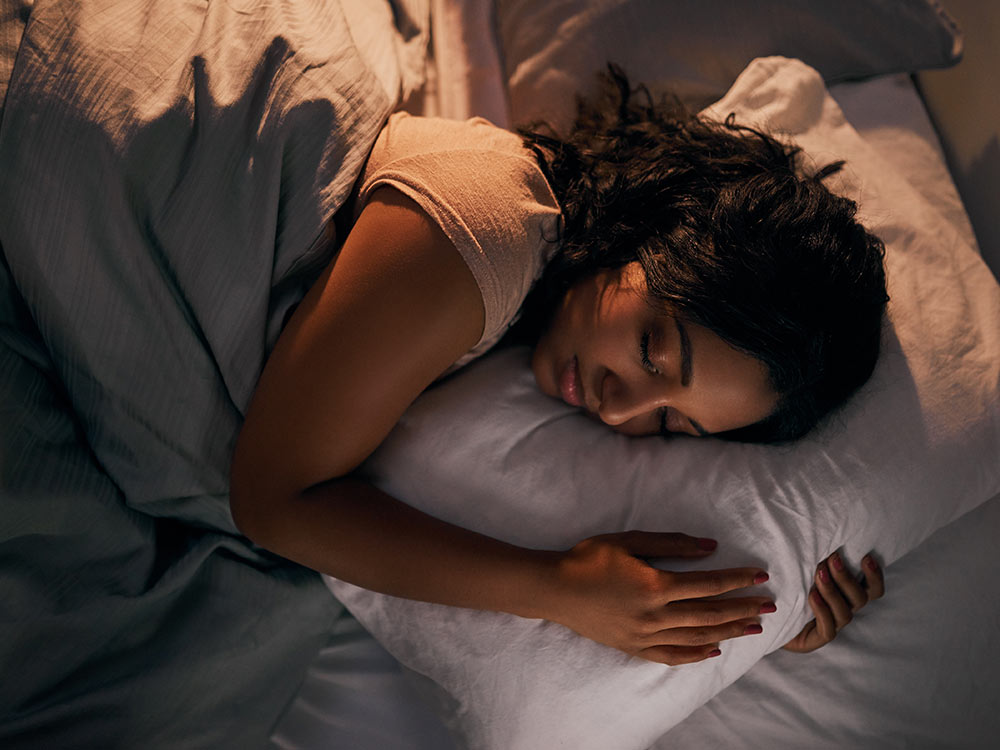Sleep is essential for our physical health, mental well-being, and overall quality of life. Yet, many of us struggle to get the restorative sleep we need, often due to misconceptions and myths surrounding sleep. In this comprehensive guide, we’ll debunk five common sleep myths that may be harming your sleep quality and offer evidence-based tips for achieving better rest.
Myth #1: You Can “Catch Up” on Sleep Over the Weekend
One of the most pervasive sleep myths is the belief that you can compensate for sleep deprivation during the week by sleeping in on the weekends. While it may feel good to indulge in extra sleep on Saturday and Sunday mornings, this pattern of irregular sleep can disrupt your body’s internal clock, leading to a phenomenon known as social jet lag.
Debunked: Research has shown that irregular sleep patterns, including inconsistent bedtimes and wake-up times, can disrupt circadian rhythms and impair sleep quality. Rather than “catching up” on sleep, aim for consistency by maintaining a regular sleep schedule throughout the week, even on weekends. Going to bed and waking up at the same time each day helps regulate your body’s internal clock and promotes better sleep quality over time.
Myth #2: Snoring is Harmless and Normal
Many people believe that snoring is a harmless and normal part of sleep, especially as we age. While occasional snoring may not be cause for concern, chronic snoring can be a sign of obstructive sleep apnea, a serious sleep disorder characterized by repeated pauses in breathing during sleep.
Debunked: Snoring can disrupt sleep for both the snorer and their bed partner, leading to daytime fatigue, irritability, and impaired cognitive function. In addition to obstructive sleep apnea, snoring may be associated with other health conditions such as obesity, hypertension, and cardiovascular disease. If you or your partner experience chronic snoring or suspect sleep apnea, consult a healthcare professional for evaluation and treatment options.
Myth #3: You Need Less Sleep as You Get Older
Another common sleep myth is the belief that older adults require less sleep than younger adults. While it’s true that sleep patterns may change with age, the need for quality sleep remains consistent across the lifespan.
Debunked: Research has shown that older adults still need 7-9 hours of sleep per night for optimal health and functioning. However, factors such as changes in sleep architecture, medical conditions, medication use, and lifestyle factors may affect sleep quality and duration in older adults. Rather than accepting poor sleep as an inevitable part of aging, older adults should prioritize good sleep hygiene and seek help for sleep problems when needed.
Myth #4: Watching TV Helps You Fall Asleep
Many people believe that watching television in bed is a relaxing way to wind down and fall asleep. However, the bright lights and stimulating content of TV shows may actually interfere with your body’s ability to transition into sleep.
Debunked: Exposure to artificial light from electronic devices such as televisions, smartphones, and tablets can suppress the production of melatonin, a hormone that regulates sleep-wake cycles. Additionally, engaging in mentally stimulating activities, such as watching TV shows or playing video games, can increase alertness and make it harder to fall asleep. Instead of watching TV before bed, try relaxing activities such as reading a book, listening to calming music, or practicing relaxation techniques to promote better sleep.
Myth #5: Alcohol Helps You Sleep Better
Many people turn to alcohol as a way to relax and unwind before bed, believing that it helps them fall asleep faster and sleep more soundly. While alcohol may initially make you feel drowsy, it can have a negative impact on sleep quality and overall health.
Debunked: Alcohol disrupts sleep architecture and can lead to fragmented sleep, frequent awakenings, and reduced REM (rapid eye movement) sleep. Additionally, alcohol is a diuretic, meaning it can increase urine production and lead to nighttime awakenings to use the bathroom. Over time, regular alcohol consumption can contribute to sleep disorders such as insomnia and sleep apnea, as well as other health issues such as liver disease and cardiovascular problems. Instead of relying on alcohol to help you sleep, practice healthy sleep habits such as limiting caffeine and alcohol intake, creating a relaxing bedtime routine, and creating a comfortable sleep environment.
Conclusion
In conclusion, debunking common sleep myths is essential for promoting better sleep quality and overall well-being. By understanding the science behind sleep and adopting evidence-based sleep practices, you can improve your sleep habits and enjoy the many benefits of restorative sleep. Remember to prioritize consistency, create a relaxing bedtime routine, and address any underlying sleep disorders or health conditions with the help of a healthcare professional. With the right knowledge and strategies, you can achieve the restful sleep you need to thrive each day.
Read More: Why do I wake up at 3 a.m. every night?
